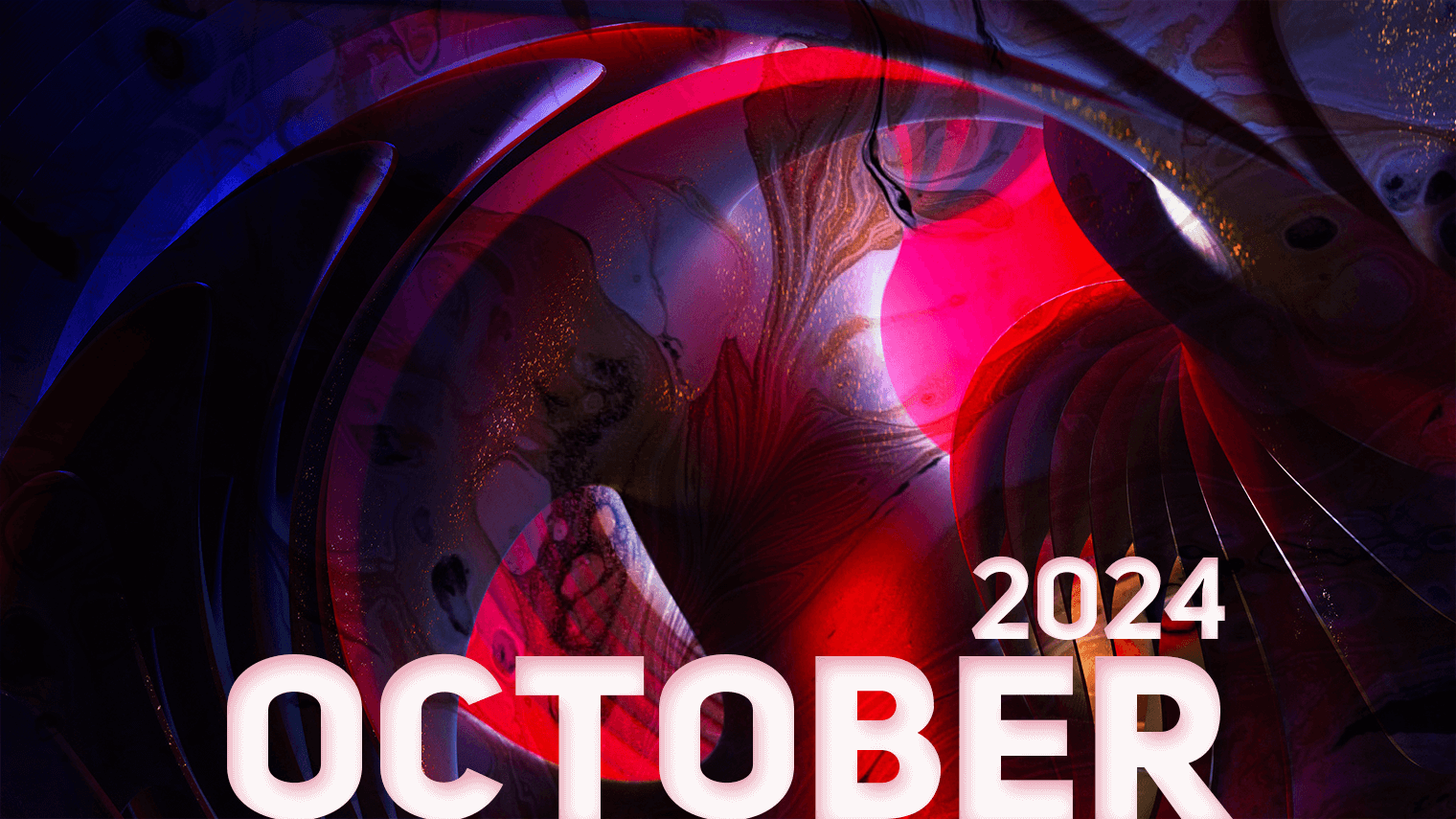Maybe AI isn’t the key to selling more phones? An interesting opinion piece that gives insight into B2C applications of AI:
Apple’s AI can help you create a custom emoji, transcribe a phone call, edit a photo, or write an email –- neat, but no longer groundbreaking stuff. There is also something called Reduce mode that is supposed to disturb you less and only let through important notifications, but it’s anyone’s guess how well that will work in reality. The one forward-looking feature is called Visual Intelligence. It allows you to aim the camera at something in the surroundings and get information without explicitly doing a search. For instance, you might photograph a restaurant sign, and the phone will tell you the menu, show you reviews – and perhaps even help you book a table.

OpenAI brings a new web search tool to ChatGPT
The tool puts OpenAI squarely in competition with the search giants.Read the article onMIT Technology ReviewChatGPT is constantly improving – now it has a fancy new web search tool:
Until now, ChatGPT was mostly restricted to generating answers from its training data, which is current up to October 2023 for GPT-4o, and had limited web search capabilities. Searches about generalized topics will still draw on this information from the model itself, but now ChatGPT will automatically search the web in response to queries about recent information such as sports, stocks, or news of the day, and can deliver rich multi-media results. Users can also manually trigger a web search, but for the most part, the chatbot will make its own decision about when an answer would benefit from information taken from the web, says Adam Fry, OpenAI’s product lead for search.

AI Detectors Falsely Accuse Students of Cheating—With Big Consequences
About two-thirds of teachers report regularly using tools for detecting AI-generated content.Read the article onBloombergApproximately two-thirds of teachers now frequently rely on tools to detect AI-generated content, where even small error rates can lead to significant consequences at such widespread usage. A long, good read about this on Bloomberg:
The students most susceptible to inaccurate accusations are likely those who write in a more generic manner, either because they’re neurodivergent like Olmsted, speak English as a second language (ESL) or simply learned to use more straightforward vocabulary and a mechanical style, according to students, academics and AI developers. A 2023 study by Stanford University researchers found that AI detectors were “near-perfect” when checking essays written by US-born eighth grade students, yet they flagged more than half of the essays written by nonnative English students as AI-generated. OpenAI recently said it has refrained from releasing an AI writing detection tool in part over concerns it could negatively affect certain groups, including ESL students.



